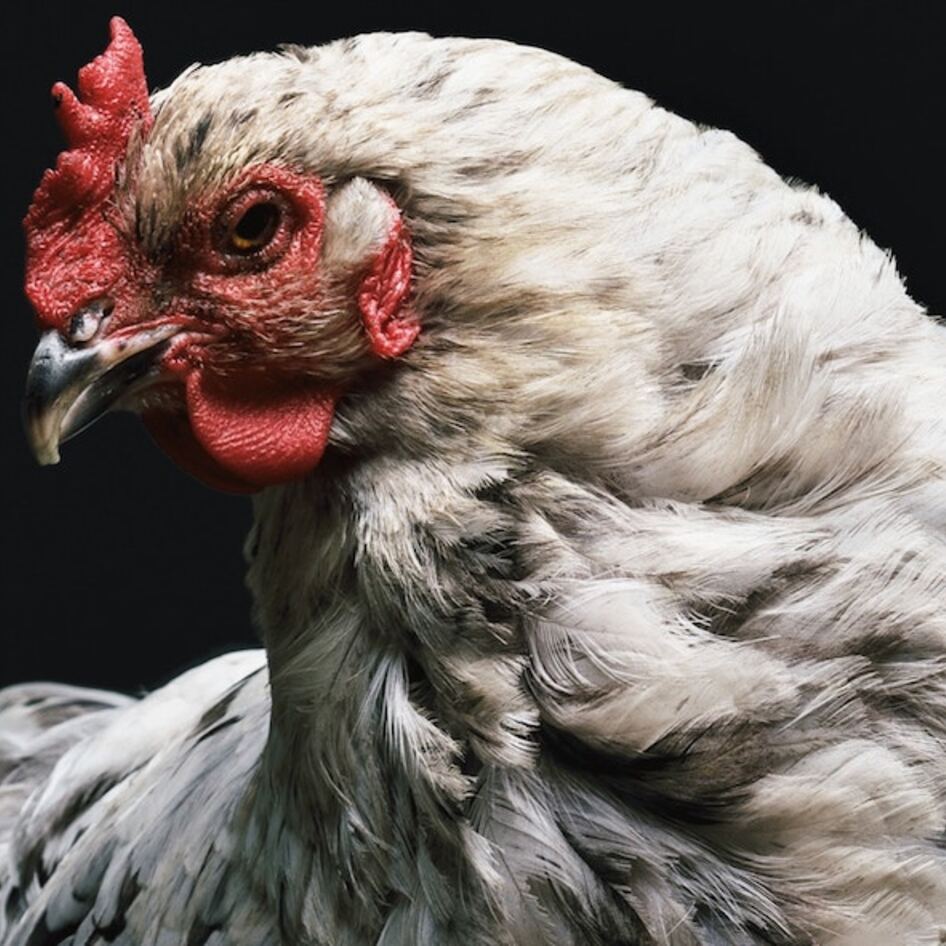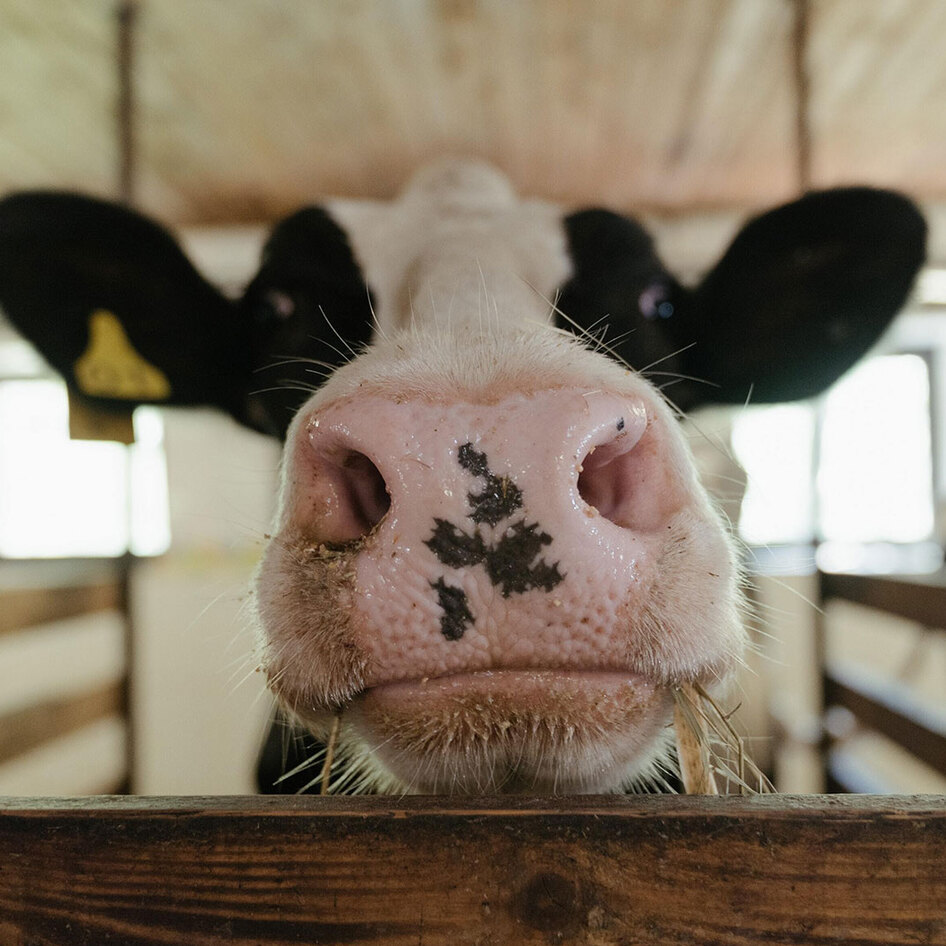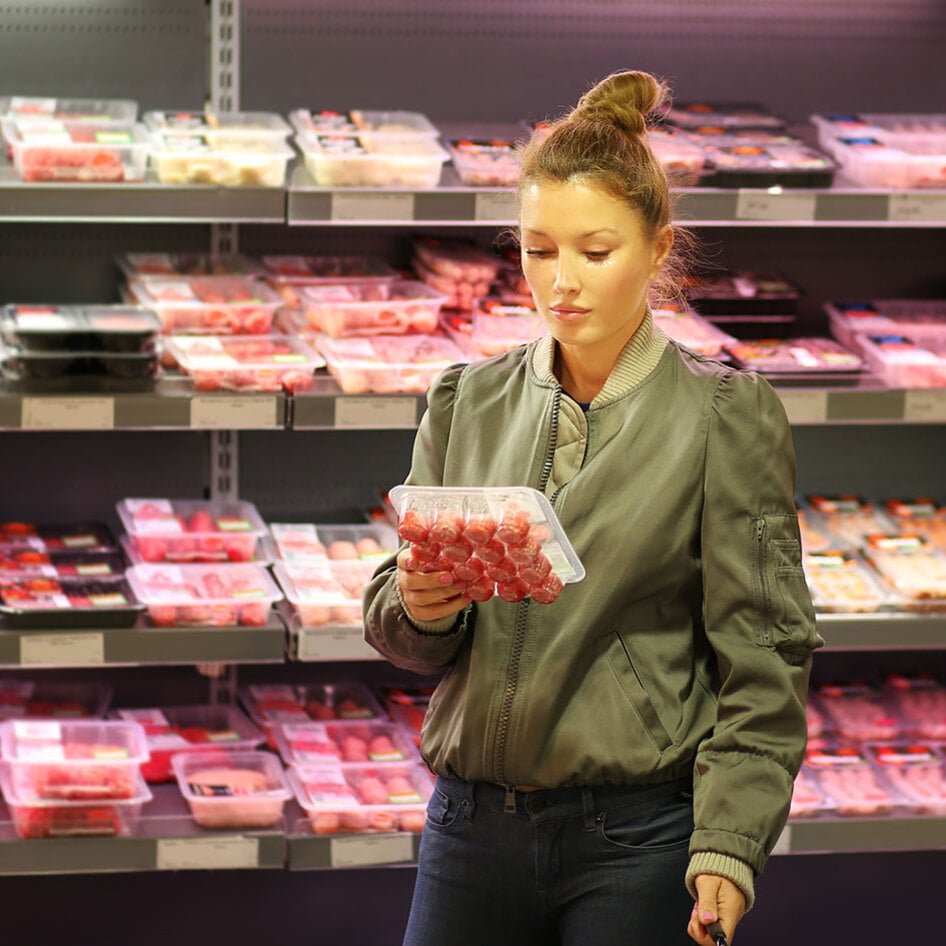Two-Thirds of British Chicken Contains E. Coli
Government finds that most chicken sold in England, Wales, and Scotland contains a dangerous, antibiotic-resistant strain of bacteria.
November 24, 2016
A comprehensive study carried out by the Department for Environment, Food and Rural Affairs and Public Health in England found that 78-percent of chicken sold at British markets was contaminated with an antibiotic resistant strain of E. Coli. The study analyzed samples from convenience stores, butchers, and major supermarkets—including Tesco, Asda, Sainsbury’s, and Morrisons. Outside of England, the study found that 53-percent of samples in Scotland and 41-percent of samples in Wales were also contaminated. The particular strain found does not cause immediate side-effects if consumed, but leads to antibiotic resistance in humans—meaning, many common illnesses may no longer be effectively treated with antibiotics. “Inappropriate antibiotic use in the farming sector is known to contribute to the development of drug-resistant infections,” confirms England’s Chief Medical Officer Dame Sally Davies. Dr. Mark Holmes of the University of Cambridge explains the dangers of human exposure to antibiotic resistant bacteria, stating, “If they end up developing sepsis or a urinary tract infection, they may well find they have a bug that is resistant to the first-choice antibiotic.” He continues, “By the time they get on to the right antibiotic, the bug could be out of control. It can even lead to death.” Industrial farms commonly administer antibiotics to animals to maintain profit margins, a practice Holmes says calls “the biggest threat to modern medicine.”
JUMP TO ... Latest News | Recipes | Guides | Health | Shop







